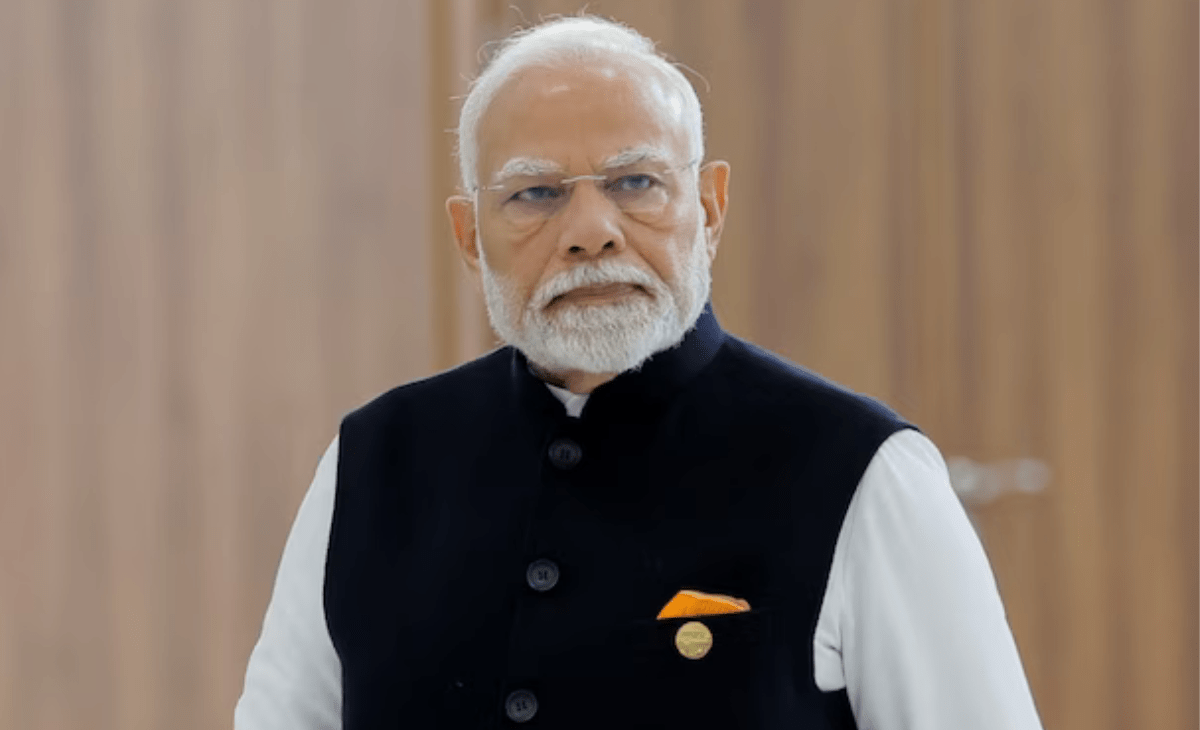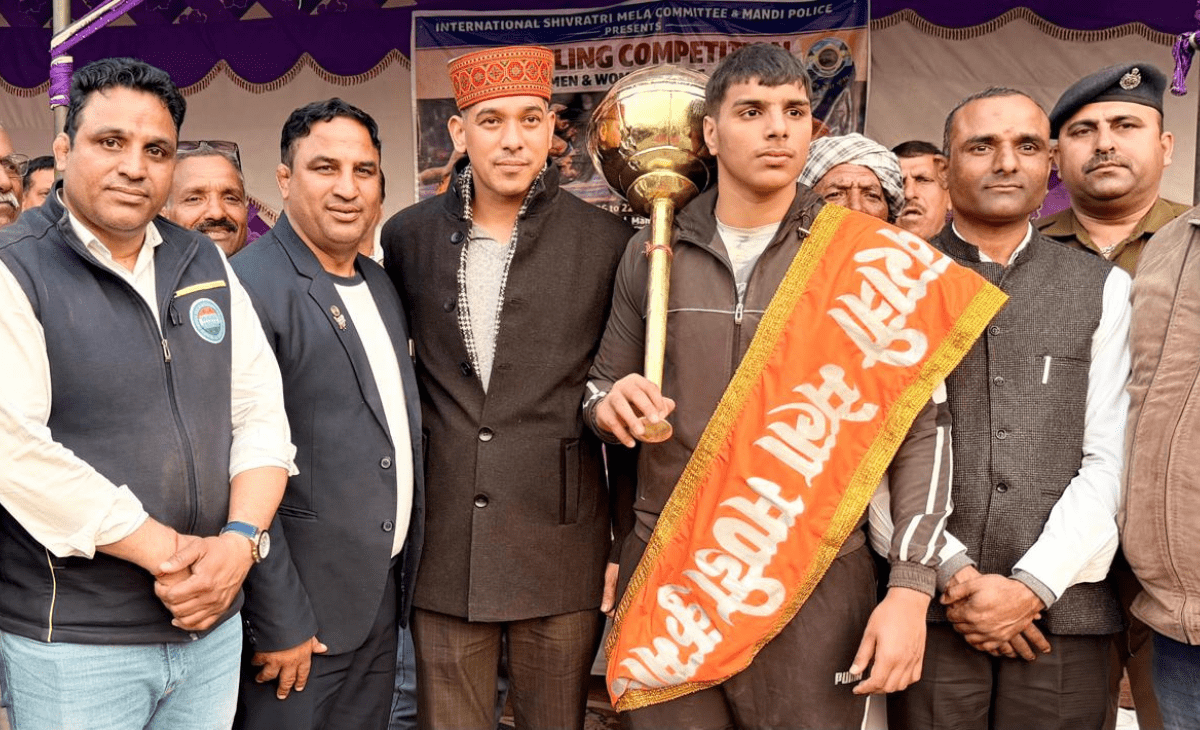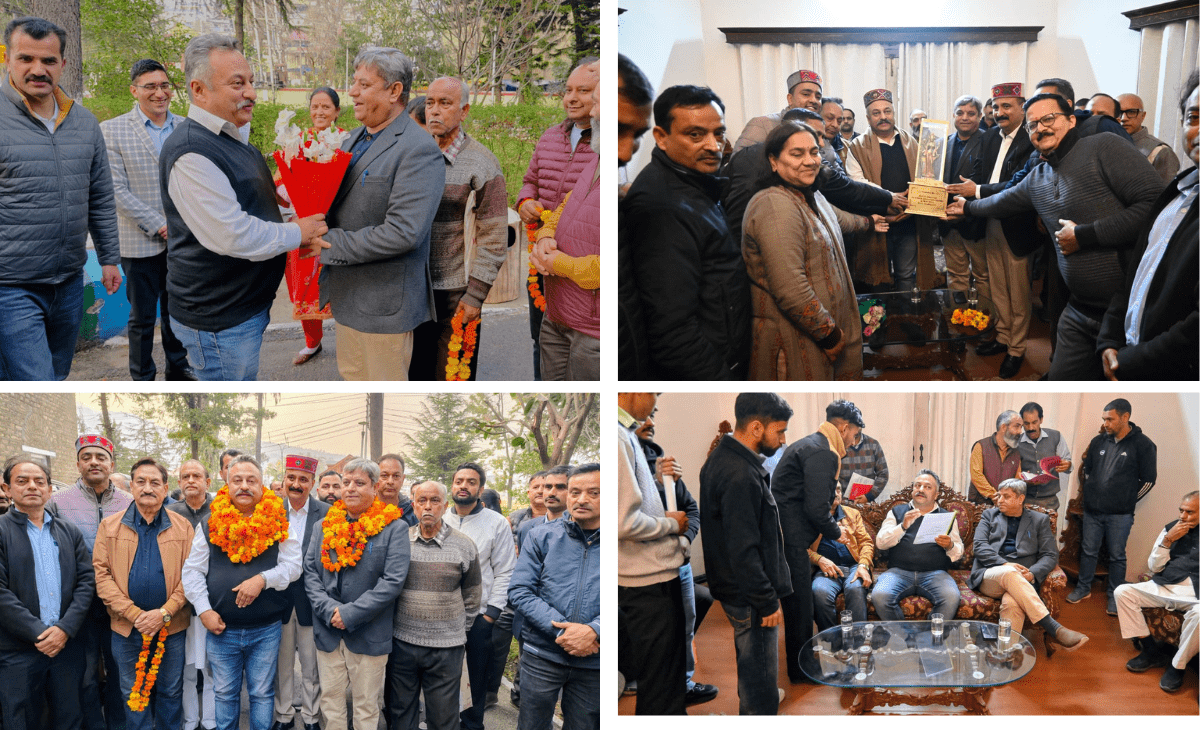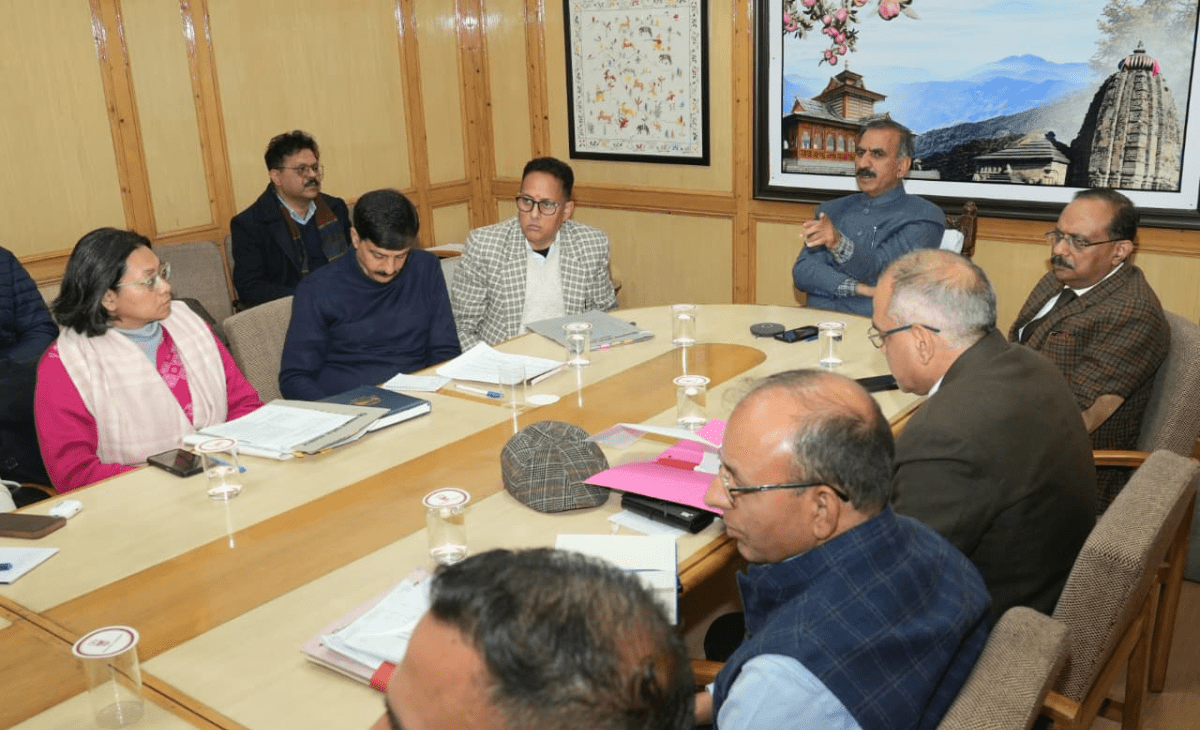Will India strike back? That’s the key question as Prime Minister Narendra Modi chairs a high-level meeting of the Cabinet Committee on Security (CCS) on Wednesday (April 29, 2025) to determine the next course of action following the April 22 terror attack in J&K’s Pahalgam that killed 25 tourists and a local.
The meeting may decide whether India will escalate its calibrated response and potentially hit Pakistan-based terror targets.
This will be the second CCS meeting in less than a week, underlining the seriousness with which the government views the attack, which it has squarely blamed on terrorist groups operating from Pakistani soil.
The committee, India’s top decision-making body on national security and strategic issues, is expected to evaluate fresh intelligence and options ranging from military retaliation to further diplomatic and economic isolation of Pakistan.
Pakistani airspace, visas and water treaty on table
One of the key issues on the agenda is whether to close Indian airspace to Pakistani commercial flights, a move that would significantly disrupt connectivity and further isolate Islamabad regionally.
The government is also expected to review the implementation status of earlier decisions, including the temporary suspension of the Indus Waters Treaty and the cancellation of SAARC visa exemptions for Pakistani citizens.
India had set April 27 as the deadline for all Pakistani nationals to exit the country while those on medical visas must leave by April 29.
Wednesday’s meeting could firm up further timelines and enforcement mechanisms for these steps, as well as reassess the diplomatic consequences of cutting more ties.
Border crossing shut, next steps under consideration
The CCS has already moved to shut down the Attari-Wagah land crossing, the only remaining direct land route between the two countries.
The move, alongside the suspension of the visa and water-sharing arrangements, signals a steady hardening of India’s posture.
Wednesday’s meeting will likely weigh the risks and benefits of a more direct kinetic response, especially as the security establishment evaluates whether retaliation is necessary to deter future attacks.
With National Security Adviser Ajit Doval, Defence Minister Rajnath Singh and other top officials in attendance, India’s decision-making will be guided by a mix of intelligence inputs, geopolitical risk assessments and public sentiment demanding accountability for yet another terror strike traced back to Pakistan.
TNR News Network












